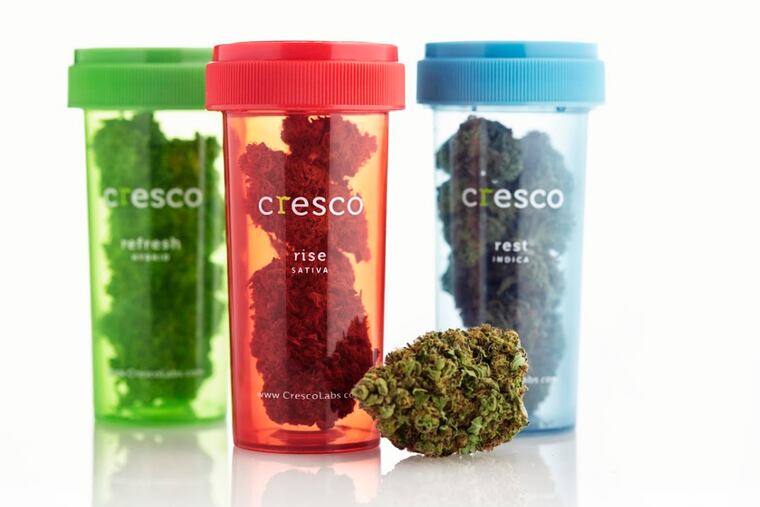Opioid overdose deaths do not decline in states with legal medical marijuana, new study finds
This doesn’t mean that medical marijuana laws are driving higher opioid overdose rates, the researchers cautioned.

Trying to replicate an often-cited 2014 study, which found that states with medical marijuana laws had lower opioid overdose death rates, Stanford University researchers looked at deaths over a longer period. Their conclusion: States with such laws have actually seen an increase in opioid overdoses.
This doesn’t mean that medical marijuana laws are driving higher opioid overdose rates, the researchers cautioned. It’s an indication that medical marijuana and opioid overdoses may not be closely linked.
The new study looked at states that legalized medical marijuana between 1999 and 2017, instead of 1999 and 2010, as the original Johns Hopkins University study did. In the seven years after 2010, 32 more states enacted medical marijuana laws, and opioid overdose deaths skyrocketed around the country.
The Stanford study confirmed the Hopkins study’s findings. States that enacted a medical marijuana law between 1999 and 2010 saw about a 25 percent drop in opioid overdose deaths per 100,000 residents.
But when the Stanford researchers expanded their data to 2017, they found that states with medical marijuana laws eventually saw, on average, a 22.7 percent increase in opioid overdose deaths.
It’s wrong "to say cannabis was saving lives before and it’s killing people now. I don’t think that makes sense,” Chelsea Shover, lead author of the study, said Tuesday. “It’s more to say, hey, when two things aren’t causally related, it’s not surprising that the relationship will change over time. Both cannabis legalization and strategies to deal with the opioid crisis are extremely important issues. What we’re saying is, talk about them separately.”
Many states have begun to turn to medical marijuana as a possible tool in the fight against a devastating opioid crisis. Last year, Pennsylvania became the first state to approve medical marijuana to treat opioid use disorder, and tapped eight universities to begin conducting research into marijuana’s medical applications.
Rachel Levine, Pennsylvania’s secretary of health, said Tuesday that she hadn’t yet read the new study. “We never thought we were going to fix the opioid crisis with medical marijuana," she said. "The idea is to provide one more tool in the toolbox.”
Some patients have said cannabis helps to curb the anxiety and cravings that can plague early opioid recovery. “It puts you in a place that’s a lot more balanced,” medical marijuana patient Briana Kline said last summer. She was using marijuana along with Suboxone, an opioid-based drug that’s considered one of the gold standards for addiction treatment. “It’s a lot easier to get through the day and not think about things that you shouldn’t.”
But there is far more research on the efficacy of opioid-based medication-assisted treatments than there is on whether marijuana helps with recovery.
Levine said that she supported medical marijuana for patients with opioid use disorder partially to encourage more research on how it can help people with addiction. And, she said, under current directives, it’s only permitted for patients who didn’t improve with proven addiction treatments, or as a supplement to such treatment.
“It’s not a first-line treatment,” she said.
There’s much evidence that marijuana is effective in treating chronic pain, as well as the side effects of chemotherapy, like nausea and vomiting, and symptoms of multiple sclerosis, the Associated Press reported.
“A lot of people do use cannabis for pain relief and report benefits — that’s great. I hope that as we keep doing research, we can find ways to make that possible on a broader scale, in a regulated and predictable way,” Shover said.
She added that there’s promising early research on how marijuana can be used to reduce opioid cravings, and that research needs to continue. But it’s not certain that marijuana legalization has an overall effect on opioid deaths, she said.
“Cannabinoids have demonstrated therapeutic benefits, but reducing population-level opioid overdose mortality does not appear to be among them,” the researchers wrote.